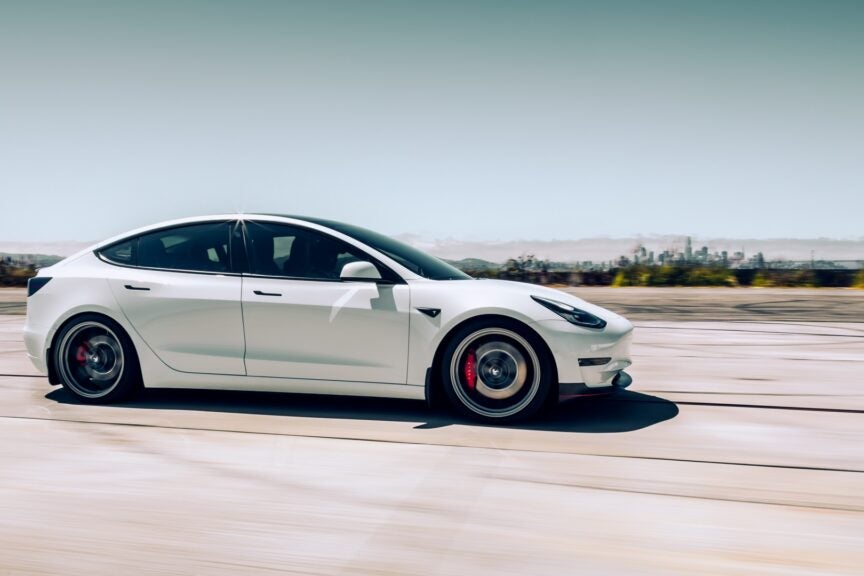Tesla’s Affordable Model Y Launch Delay Sparks Industry Concerns
Tesla has postponed the launch of its budget-friendly Model Y variant by at least six months, citing production challenges and supply chain adjustments. The electric vehicle (EV) maker confirmed the delay this week, moving the anticipated release from late 2024 to mid-2025. This strategic shift comes as competitors flood the affordable EV market, potentially impacting Tesla’s market share and consumer adoption rates.
Behind the Delay: Production Hurdles and Strategic Reassessment
Industry analysts point to multiple factors behind Tesla’s decision:
- Battery technology bottlenecks: The promised 4680 battery cells aren’t achieving targeted production yields
- Cost reduction challenges: Tesla’s $25,000 price target requires 30% cheaper manufacturing than current models
- Factory retooling: Texas and Berlin gigafactories require extensive modifications for the new platform
“This delay reveals the immense difficulty of delivering quality EVs at disruptive price points,” said Dr. Evelyn Cho, automotive analyst at Bernstein Research. “Tesla’s vertical integration advantage is being tested as legacy automakers partner with battery specialists to accelerate their affordable EV programs.”
Consumer Impact: Frustration Mounts Amid Rising Competition
Over 450,000 potential buyers had expressed interest in the affordable Model Y through Tesla’s referral programs, according to third-party tracking data. The postponement creates a window for competitors:
- Ford’s $26,000 Equinox EV launches Q1 2025
- Volkswagen’s ID.2 will undercut Tesla’s target price by $3,000
- Chinese automaker BYD’s Dolphin model already sells for $21,000 in Europe
“We understand customer disappointment,” Tesla VP of Production Lars Moravy stated in a briefing. “However, we refuse to compromise on range or safety to meet arbitrary deadlines. When this vehicle launches, it will redefine expectations for affordable EVs.”
Investor Reactions: Stock Volatility Reflects Strategic Concerns
Tesla shares dropped 4.7% following the announcement, though they recovered slightly after CEO Elon Musk emphasized long-term priorities during the Q2 earnings call. Key financial implications include:
| Metric | Pre-Announcement | Post-Announcement |
|---|---|---|
| 2025 Delivery Estimates | 2.8 million units | 2.3 million units (revised) |
| Operating Margin Forecast | 12.4% | 10.1% |
“The delay creates near-term headwinds but might prevent a Model 3-style production hell scenario,” noted Morgan Stanley auto tech analyst Adam Jonas. “Investors are torn between applauding quality discipline and worrying about missed opportunities in a heating market.”
Market Context: The Global Race for Affordable EVs Intensifies
Global affordable EV sales grew 62% year-over-year in Q2 2024, with Chinese manufacturers claiming 58% of this segment. Tesla’s postponement comes as:
- EU implements stricter 2025 emissions targets
- US extends revised EV tax credit qualifications
- Asian markets show unprecedented demand for sub-$30,000 EVs
“Tesla’s first-mover advantage is eroding,” warned Reuters automotive correspondent Norihiko Shirouzu. “Every month of delay allows competitors to close the technology gap while building brand loyalty in crucial growth markets.”
What’s Next for Tesla and EV Consumers?
The company plans to:
- Ramp up Model 3 Highland production to bridge the gap
- Expand leasing options for existing inventory
- Accelerate Supercharger network partnerships
For consumers, the wait creates difficult choices. “I’ll probably lease a competitor’s EV with good resale value,” said San Diego teacher Mark Reynolds, who had budgeted for the Model Y. “Tesla’s tech is superior, but I can’t postpone my transition to electric indefinitely.”
Industry watchers suggest this delay could represent a pivotal moment for Tesla’s market positioning. As the EV revolution enters its mass-market phase, the company must balance its premium brand identity with the harsh realities of high-volume, low-margin production. The coming months will reveal whether this strategic pause strengthens Tesla’s long-term competitiveness or cedes crucial ground to nimbler rivals.
For the latest updates on Tesla’s production timeline and alternative EV options, subscribe to our automotive industry newsletter.
See more Business Focus Insider Team

